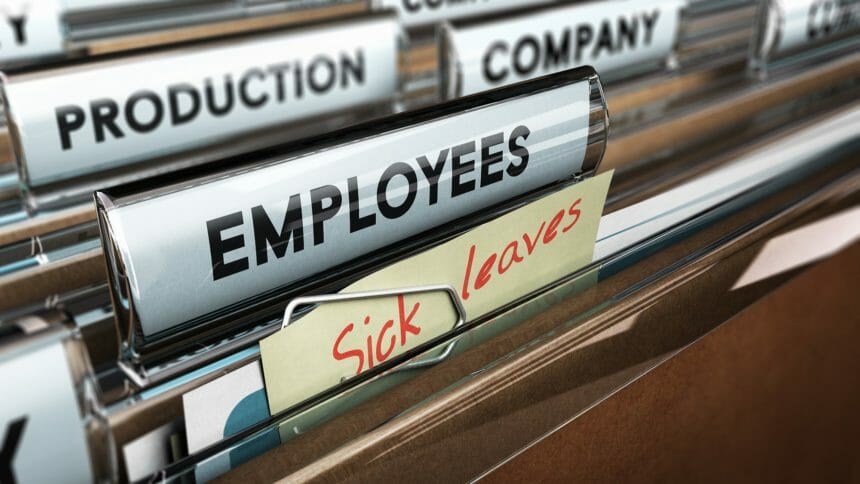
Senior living and other long-term care employers will need to re-examine whether they must provide paid sick leave and expanded family and medical leave to certain employees under the Families First Coronavirus Response Act following the issuance Friday of revised regulations by the Department of Labor.
The changes follow a U.S. District Court for the Southern District of New York decision Aug. 3 that invalidated portions of the original regulations issued April 1.
The regulations apply to most employers with fewer than 500 workers, but individuals who are healthcare providers can be excluded from eligibility by employers.
In a lawsuit against the Trump administration challenging the rule, New York Attorney General Letitia James said its definition of healthcare provider was “unlawfully broad.” The original rule defined a healthcare provider as “anyone employed at any doctor’s office, hospital, health care center, clinic, post-secondary educational institution offering health care instruction, medical school, local health department or agency, nursing facility, retirement facility, nursing home, home health care provider, any facility that performs laboratory or medical testing, pharmacy, or any similar institution, employer, or entity.”
The court, however, said that the definition cannot “ ‘hinge entirely on the identity of the employer’ but must depend on the ‘skills, role, duties, or capabilities’ of the employee,” the Labor Department’s Wage and Hour Division explained in the new temporary rule.
“Specifically, a health care provider must be ‘employed to provide diagnostic services, preventive services, treatment services, or other services that are integrated with and necessary to the provision of patient care,’ ” the revised rule states.
Nurses, nurse assistants and medical technicians would fall under the definition, for instance, as would workers providing services such as bathing, dressing, hand-feeding, taking vital signs, setting up medical equipment for procedures, and transporting patients and samples. Information technology professionals, building maintenance staff, human resources personnel, cooks, food service workers, records managers, consultants and billers would not be considered healthcare providers under the revised rule, however.
The rule, which includes other changes as well, becomes effective Wednesday and is set to expire at the end of the year. It has not been published in the Federal Register yet, but a PDF is available.
Questions about interpretation and/or enforcement of the rule may be directed to the nearest Wage and Hour Division district office, the Labor Department said.



